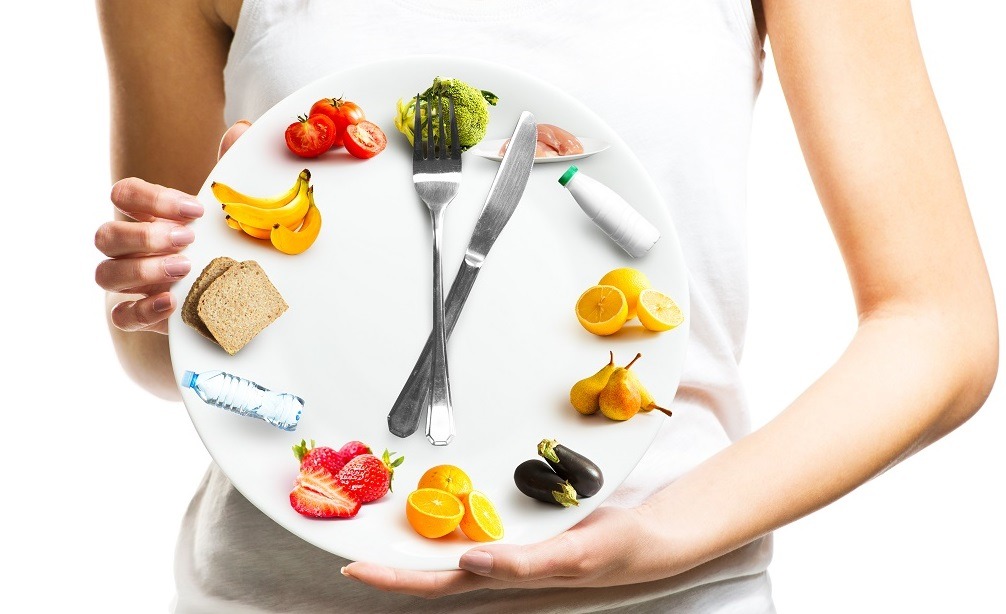“The best of all medicines is resting and fasting” – Benjamin Franklin
Being Italian, I can confidently say that I grew up in one of the most well-renowned countries for its dietary habits and food culture. Even if I have deeply enjoyed my “Italian (food) background” and almost all of my favorites plates, still now, are typical Italian high carbs recipes, I have started to question the Italian food culture long before leaving Italy and experiencing foreigner habits. What I noticed first was the huge amount of food that we, Italians, normally eat and are taught to eat because it is good and absolutely healthy: early in life, I was taught it is needed to grow up and strictly associated with wellbeing and happiness; and even later, it is absolutely needed to perform our everyday tasks with energy, both physically and mentally.
Then, to my Italian mindset, it sounded pretty insane when it happens to know the existence of “Fasting”, “Starvation”, “Detoxification” theories as a good way to stay healthy, age slower and, finally, be happier. After the first negative evaluation (“these guys doing this are just foolish and playing with their health”) I started to be puzzled and turning in my mind the idea that our body and mind may benefit from performing recover from food. And, therefore, I decided to find out more.
First of all, I found intriguing the fact that these practices (indeed, many different plans exist!) are not only associated to weight loss but also with better health in general (sleep improvement, better brain function, lower levels of inflammation, etc.).
Second, there are more than 10 different plans that combine regular eating and fasting hours in different ways:
• Intermittent fasting: plans combine days of normal eating with others of limited calories intake or complete fasting (e.g. 5:2; 1:1; 6:1 plans)
• Time-restricted eating: either by skipping one meal or extending the night fast, plans with 5 to 16 hours of fast in between meals
• Day(s)-log fasting periods: having a number of fasting days (= very low amount of calories intake, as 250 calories) per month (they could vary from 4 up to 10 and 14 fasting days)
– Note: specific nutrients restriction plans (protein restriction vs. selective amino acids restriction; low-carb vs. low-fat diets; ketogenic diets) exist as well but have not been evaluated here –
Third, there lots of scientific accurate studies that analyze the impact of food intake on our nutrients sensors (Insulin, mTOR, AMPK and CREB), its role in the alteration of circadian rhythms and, consequently, the positive role of dietary interventions and behavioral change approaches to improve he quality of life and promote a healthier aging.
After reading different theories and articles, my personal conclusion is that it seems scientifically proven that a period of low calories intake is beneficial in many aspects, and indeed, our species evolved using a period of fasting every day (during the night). Unfortunately, in the modern era, we are living sedentary lifestyles and having higher food intake than our needs. Then I positively consider to try a scheme where, apart from keeping a healthy diet, inserting regularly, on a weekly basis, fasting from food for at least 18-20 hours (aka slightly longer than usual). Moreover, I think to combine it with the supplementation of specific natural elements that help to maintain a healthy nutrient balance.
Let me conclude with 2 short commentaries:
- Unbelievable to me, but even many “Fasting quotes” exist. You can find some on the web call “Food can wait”
- I have found inspiring this article regarding the importance of “Recovery Actions” in our life, (not only from food) as a paramount for a worthwhile Life and Personal growth.
Elisa Guida, Ph.D
Brand and Account Manager


